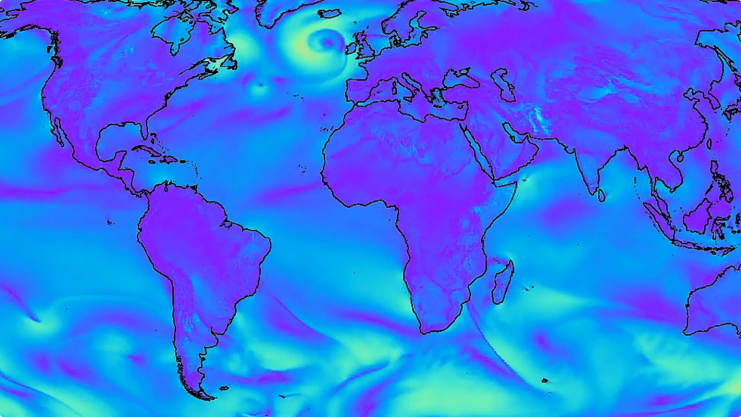Google Deepmind among nominees for ‘Nobel Prize of engineering’

AI-powered weather forecasting, innovative heat batteries and the rapid manufacturing scale-up of a Covid vaccine are the three cutting-edge technologies nominated for an engineering award dubbed “the Nobel Prize of Engineering”.
The innovations, developed by Google Deepmind, Sunamp and the Oxford Vaccine Consortium with Astrazeneca, have been named as the three finalists for the Royal Academy of Engineering’s (RAEng) 55th MacRobert Award, widely viewed as the most prestigious award of its kind in engineering.
Previous winners included Rolls-Royce in 1969 for its Pegasus Engine, and Freman, Fox and Partners for building the Severn Bridge.
This year, Google Deepmind’s Graphcast technology was nominated for the revolution in weather prediction technologies, using machine learning algorithms and vast data sets to give weather forecasts that are more accurate and timely than traditional weather forecast tech.
By significantly improving the reliability of weather predictions, Graphcast could mitigate the worst of severe weather events, helping optimise the allocation of emergency resources and informing governments’ decision-making.
Commenting on the technology’s nomination, Remi Lam, a staff research scientist at Google Deepmind, said: “The journey to create GraphCast was a testament to teamwork and technical ingenuity, involving countless hours improving models, optimising hardware, and validating results…
“This is an exciting time to work on weather prediction, where developing new models and testing innovative ideas has never been more accessible. We are eager to see the countless improvements this will bring, for the benefit of humanity.”
Sunamp, a technology company that makes heat batteries to be used in conjunction with heat pumps that are smaller and more energy efficient than traditional water cylinders, was the second nominee.
Speaking to City A.M. on being nominated, Sunamp’s CEO and co-founder Andrew Blissel, said: “Just being nominated alongside Google Deepmind and the Oxford Astrazeneca vaccine team is just phenomenal. To win it would be absolutely epic.”
The scale up and manufacturing of the Coronavirus vaccine was the third innovation to make the list. Built by a consortium led by The University of Oxford and Astrazeneca, the manufacturing process that was rolled out globally supplied over 3bn doses of the pharma firm’s Covid vaccine, saving an estimated 6m lives.
Professor Alexander Douglas, Principal Investigator at University of Oxford, said: “No matter how good a vaccine is, its real-world impact is totally dependent upon successful manufacturing engineering.”
The finalists were chosen through a highly rigorous selection process, chaird by 2002 winner and Fellow of the RAEng, Professor Sir Richard Friend, who said: “These finalists are addressing some of the world’s most pressing challenges relating to weather prediction and climate change, healthcare, and sustainable energy. It’s an honour to be recognising the heroes behind truly revolutionary engineering innovations coming out of the UK.”
The three finalists are competing for a gold medal and £50,000 prize, and the winner will be announced at the RAEng’s annual dinner on July 9.
